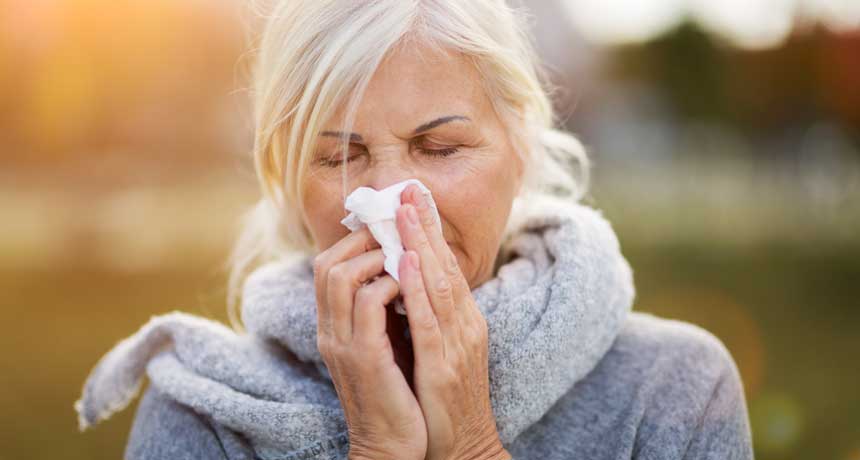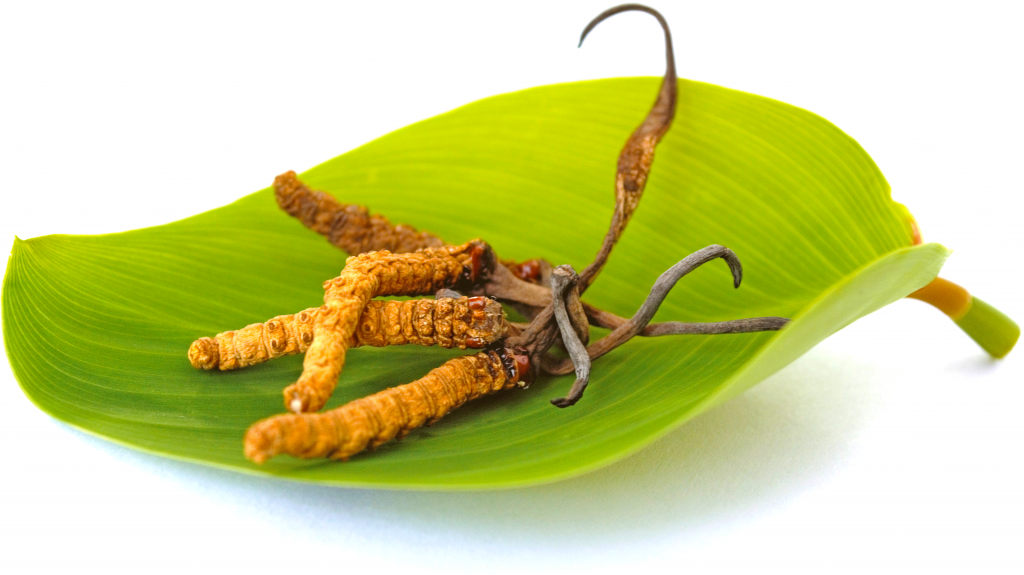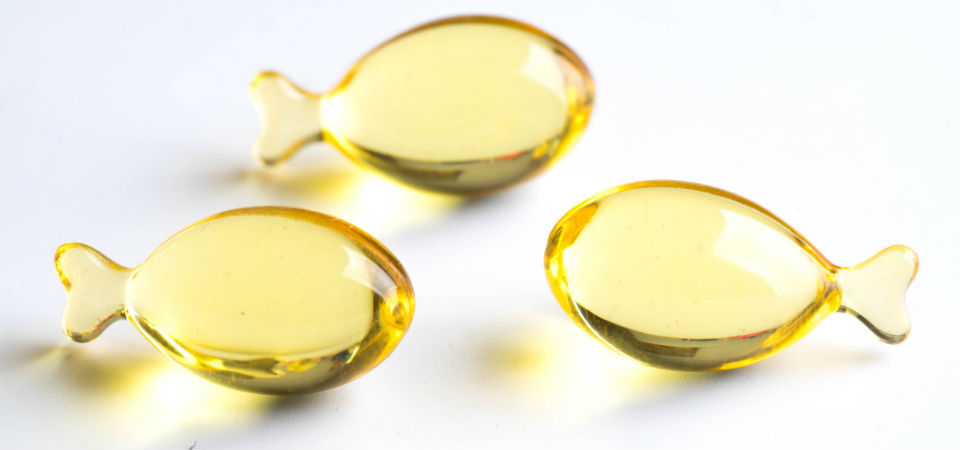Caring For Health During Cold Weather
Cold temperatures of winter, along with winds or rain can cause serious health problems, especially for the health of the elderly and those who have weak immune systems. Understanding common health problems that can happen in cold season and protect your body from them will not only help you prevent infections but also prevent pre-existing conditions from getting worse.
Common cold weather health issues
Cold and Flu
Cold weather has a link with the increasing number of infectious diseases. Viruses are the cause of cold and flu. Some viruses are actually more likely to spread during cold weather. Rhinovirus (the cause of the common cold) replicates better at cooler temperatures, such as those found in the nose (33° to 35° Celsius) compared to the body core temperature (33° to 37° Celsius).(1)
Moreover, the body may not fight the virus as well if the temperature in the nose and upper airway is lowered by environmental cold (1). The immune system protects the body from viruses and bacteria thanks to the combination of the innate immune system and the acquired immune system. These two types of immune system include physical barriers such as skin, mucous membranes, mucus, cilia of the respiratory system … and immune cells which carry out the function of destroying pathogens, secreting antibodies and activating immune responses.
Exposure to cold temperatures affects the physical, cellular, and molecular defenses against pathogens. Cold temperatures can damage normal physical barriers to infection, such as increased mucus viscosity and decreased ciliary action in the upper respiratory system. Cutaneous barrier function is also disrupted upon cold exposure, even without the occurrence of frostbite (2). A study also found that immune system cells initiate a more robust antiviral defense at lung temperature versus nasal cavity temperature.(1)
The decrease in temperature of the airway epithelium associated with vasoconstriction may not only inhibit the localimmune response but could also facilitate viral replication. (3)

Cold weather may increase the risk of infection
Increased energy requirement
Increased energy requirement is the need to doing activities in cold conditions and maintain thermoregulation. It has been established that exposure to cold increases oxygen consumption and metabolic rate.(4)
Dry eyes
Dry eyes are most likely to occur in winter and spring. Seasonal changes, such as lower indoor humidity and high winds, can lead to dry eyes and discomfort.(5)
Winter is also the season of colds and the flu. Taking decongestants and other over-the-counter cold medicines can make dry eye worse.(6)

Cold weather and winds can lead to dry eyes
Health tips for the cold weather (7):
Try the following advice to prevent health problems in the cold season, especially for vulnerable people such as the elderly, people with chronic diseases, people with weak immune systems.
- Get a flu vaccine
- Drink plenty of water
- Keep warm
- Doing some exercise, try a 30-minute walk daily
- Eating nutritious food to boost immunity.
- Prevent dry eyes by avoid the use of hair dryers, especially when the dryer blows directly into your eyes; wear wrap-around glasses when going outside. (11)
Healthy food that might help during cold weather
* Cordyceps and immune enhancing activities
Traditionally, practitioners recommend the regular use of Cordyceps to strengthen the body’s resistance to infections, such as colds and flus. Cordyceps has most often been used to ease a range of respi-ratory ailments: cough and phlegm, shortness of breath, bronchial discomfort, chronic obstructive pulmonary disease (COPD), and asthma (8). Modern scientific research aslo found that cordyceps is a bidirectional modulator with both potentiating and suppressive effects on the immune system.
Additionally, Cordyceps stimulates mitochondrial ATP generation (which is essential for delivering energy to the muscles) and enhances cellular immune responses. This may improve the way body uses oxygen. (9) (10)

Cordyceps enhance immune system
* Consider adding Omega-3 fatty acids to your diet. These may help to reduce dry eye plus good for you overall.(11)
* Supplementing with vitamin A can improve symptoms of dry eyes. (12)

Omega-3 improves symptoms of dry eyes
References:
https://www.healthline.com/health/does-cold-weather-make-you-sick#culprits
https://www.wemjournal.org/article/S1080-6032(11)00201-8/fulltext
https://www.researchgate.net/publication/11099267_Acute_Cooling_of_the_Body_Surface_and_the_Common_Cold
https://www.ncbi.nlm.nih.gov/books/NBK232856/
https://www.healthline.com/health/dry-eyes-in-winter#takeaway
https://www.healthline.com/health/dry-eye/treating-chronic-dry-eye/managing-dry-eyes-in-every-season#The-Takeaway
https://healthywa.wa.gov.au/Articles/S_T/Staying-healthy-in-winter
John Holliday , Medicinal Value of the Caterpillar Fungi Species of the Genus Cordyceps (Fr.) Link (Ascomycetes), International Journal of Medicinal Mushrooms, January 2008
https://www.ncbi.nlm.nih.gov/pmc/articles/PMC1847515/
https://www.healthline.com/nutrition/cordyceps-benefits#TOC_TITLE_HDR_2
https://www.healthline.com/health/dry-eyes-in-winter#takeaway
https://www.healthline.com/nutrition/vitamin-a-deficiency-symptoms#TOC_TITLE_HDR_3
- 1. Energize and focus your new year with Ginseng and Ginkgo Biloba
- 2. CAN PEOPLE WITH HYPERTENSION USE CORDYCEPS?
- 3. COMMON HABITS CAUSES CEREBRAL ISCHEMIA
- 4. TIPS FOR STAYING HEALTHY IN THE AUTUMN
- 5. THE EXPERT’S SHARING: THE KEY TO START A NEW DAY FULL OF ENERGY
- 6. GINSENG – “SPECIAL” HERBAL MEDICINE FOR FATIGUE PEOPLE

